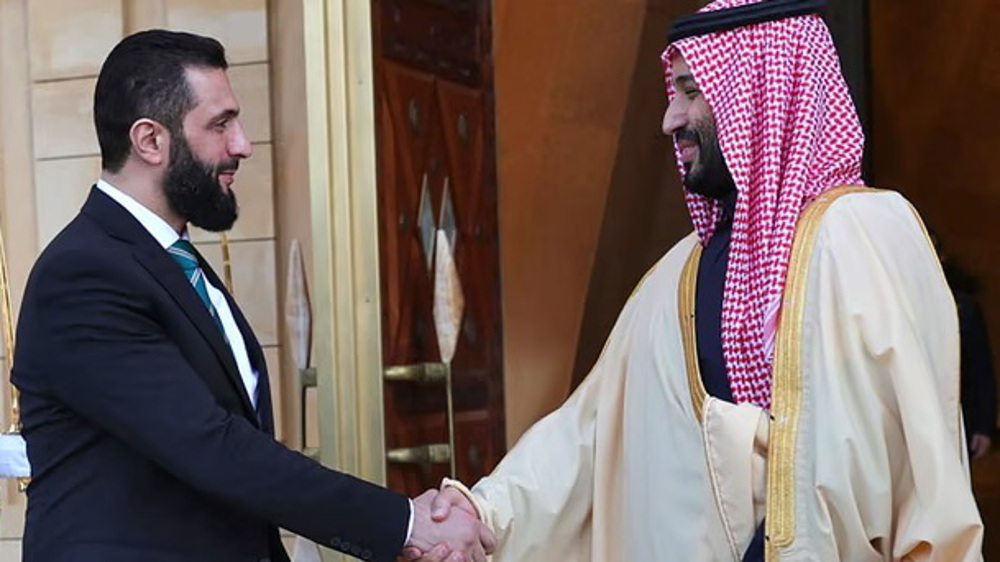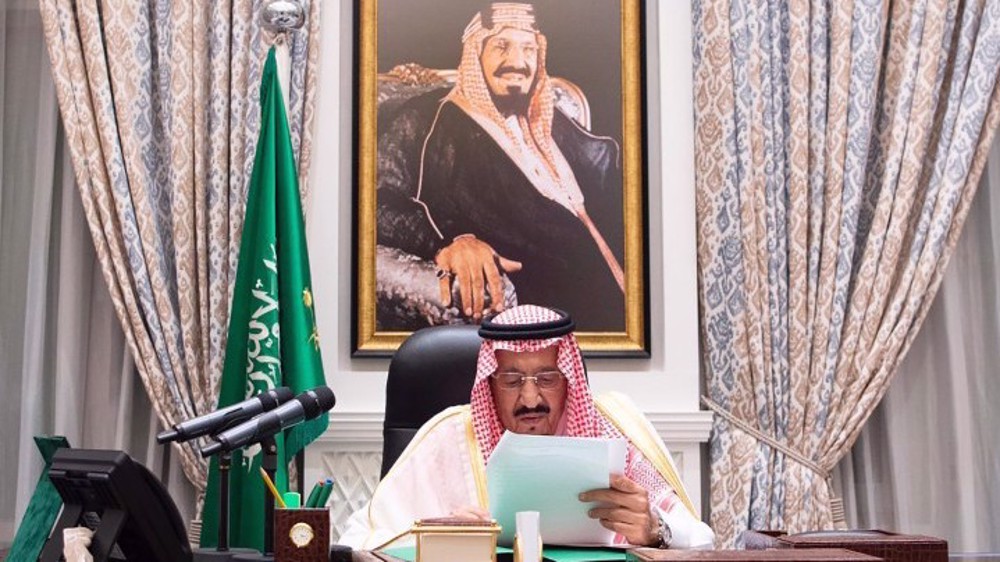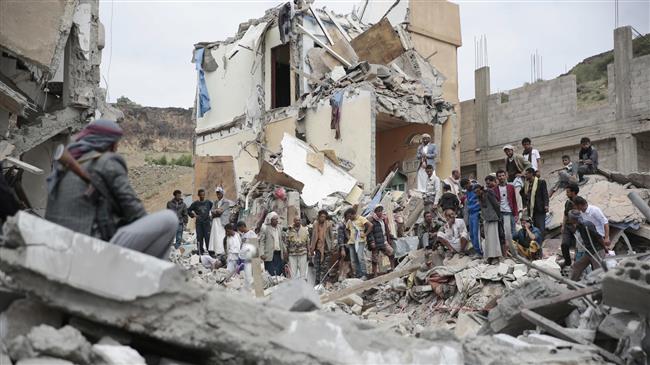Saudi Arabia officially boycotts Turkish products: Report
Saudi Arabia will officially ban Turkish products this week after months of pressure it imposed on local businesses not to trade with Ankara as part of a “secret” embargo, a Turkish media report says.
The Saudi ban, which is to come into force this week, is aimed at dealing a blow to Turkey’s already crippled economy, the Cumhuriyet daily reported on Sunday.
"Our customers got used to Turkish products, they are satisfied. However, they cannot buy our goods anymore. They say send them to us via a third country,” the report cited a Turkish businessman as saying.
"Small and medium-sized businesses are very anxious, especially as exports from southeastern provinces such as Hatay, Gaziantep and Diyarbakır come to a halt," he said.
Saudi Arabia was already putting pressure on local businesses not to trade with Turkey and its industries in a bid to boost its unofficial boycott.
According to a July report by Middle East Eye, citing information from Turkish officials, the Kingdom has been preventing trucks carrying fresh fruit and vegetables from crossing the Saudi border.
The Turkish newspaper Dunya also reported that the Saudi government has contacted individual businesses and ordered them not to trade with Turkish companies or buy any products made in Turkey. The government imposes fines on any company which ignores this order.
The Turkish paper had claimed that Saudi Arabia “cannot officially reveal this policy due to World Trade Organization sanctions”. However, Cumhuriyet says Riyadh is pressing ahead with making the ban official this week.
“You cannot even sell Turkish goods from Germany because they don’t want anything with a ‘made in Turkey’ stamp,” Dunya had reported.
The Kingdom has also cancelled the employment contracts of high-ranking Turkish nationals working within the Persian Gulf country.
Turkey is considering a formal dispute complaint to the WTO and is seeking compensation if it goes ahead.
Over the past few years, relations between Turkey and some of the Persian Gulf States such as Saudi Arabia and the United Arab Emirates have been particularly strained due to differences in foreign policy goals and initiatives.
A major row between Ankara and Riyadh is the murder of exiled Saudi journalist Jamal Khashoggi in October 2018, which took place within the Saudi consulate in Istanbul. While Saudi Arabia has denied official responsibility for the killing and has blamed it on rogue agents, Turkey has presented evidence which proves it was ordered by Crown Prince Mohammed bin Salman.
The government of Turkish President Recep Tayyip Erdogan was the first to report Khashoggi's murder and has since continued to press Riyadh for information on the whereabouts of his dismembered body, which remains missing.
The CIA has concluded in its assessment that the murder was ordered by Saudi Crown Prince Mohammed bin Salman.
Relations between Saudi Arabia and Turkey also begun to deteriorate over the Qatar rift, with Riyadh leading a blockade on the Persian Gulf emirate and Ankara sending troops to the small country.
Saudi Arabia, Bahrain, Egypt, and the United Arab Emirates severed ties with Qatar on June 5, 2017, officially accusing Doha of supporting terrorism and destabilizing the region -- charges which Qatar strongly denies.
Turkey had initially stayed neutral in the dispute but soon became more assertive in its support of Doha. On June 7, Turkey's parliament approved the deployment of troops to a Turkish military base in Qatar.
Saudi Arabia is also unnerved by Qatar’s support for the Muslim Brotherhood movement, which Erdogan has promoted for long.
Read more:
Each year hundreds of thousands of Saudi tourists visit Turkey, where they spend an average of $500 (450 euros) a day, according to a 2018 study by Riyadh's King Faisal Center for Research and Islamic Studies.
That number, however, is in decline and Saudis, who are also among the top property buyers and investors in Turkey, are being actively encouraged by the media and social media users to avoid the country as a tourist destination.
Over the past year, several Saudi outlets have published articles with titles such as "Don't go to Turkey" and "Turkey is not safe."
The official warnings from the Saudi embassy in Ankara have also received widespread coverage on various networks, including Al Arabiya.
Under Riyadh’s campaign against Ankara, the number of Saudi tourists to Turkey has decreased while the kingdom has blocked Turkish exports and excluded Erdogan from a recent Organization of Islamic Cooperation (OIC) summit in Mecca.
A senior Turkish official, speaking anonymously, said that his country was aware of the Saudi strategy as the kingdom had openly called for a boycott.
“It is almost public, to the extent that you could see their activities on Saudi-backed social media and Saudi state media,” he said. “Tourist arrivals are decreasing, while we are having problems related to Turkish exports. We are closely following the situation.”
VIDEO | UK court frees remaining jailed members of Palestine Action
VIDEO | Former prince Andrew arrested by British police
VIDEO | Backlash mounts as Pakistan joins US-led Gaza ‘Board of Peace’
Saudi-Greece fiber optic project to pass through Syria instead of occupied territories: Report
Israel steps up bloodshed in Lebanon
US lawmakers move towards vote on limiting Trump’s Iran strike authority
VIDEO | Hebrew media talk ‘Board of Peace,’ ceasefire, anti-Iran rhetoric, tensions surrounding Lebanon
VIDEO | Rising tensions in West Asia














 This makes it easy to access the Press TV website
This makes it easy to access the Press TV website